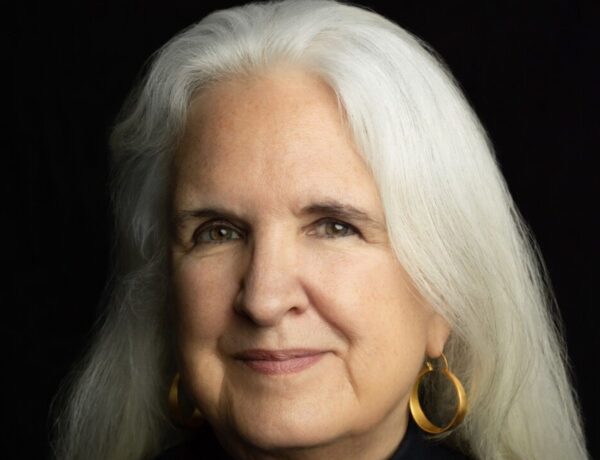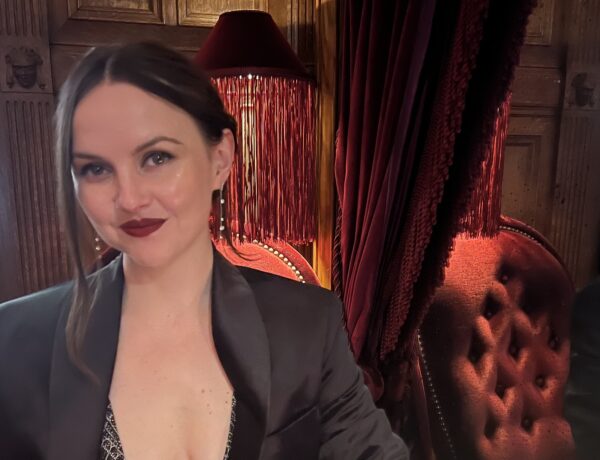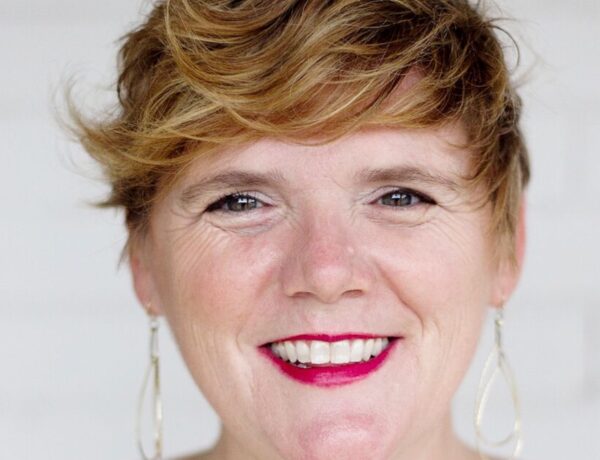Richard Michelson’s many books for children, teens and adults have been listed among the Ten Best of the Year by The New York Times, Publishers Weekly, and The New Yorker; and among the best Dozen of the Decade by Amazon.com.
He has received a National Jewish Book Award and two Sydney Taylor Gold Medals (and two Silver) from the Association of Jewish Libraries. Other credits include two Massachusetts Book Award Honors, three Skipping Stones Multicultural Book Awards, a National Network of Teachers of the Year Social Justice Award, two Junior Library Guild Gold Medals, a Harlem Book Fest Phillis Wheatley Honor, a National Parenting Publication Gold Medal and an International Reading Association Teacher’s Choice Award.
Michelson hosts Northampton Poetry Radio, and served two terms as Poet Laureate of Northampton, MA. His poetry has been published in many anthologies, including The Norton Introduction to Poetry. Clemson University named Michelson their Calhoun Distinguished Reader in American Literature in 2008.
Hi Richard, your career as an author has spanned books for children, teens, and adults. How does your writing process differ when crafting stories and poetry for different audiences?
The process itself doesn’t differ: you still have to sit at your desk, face a blank screen (or yesterday’s half full screen), and labor over the next word, and the next sentence, and the next paragraph, and the next page. What differs is the choice of words, and the context/frame of reference your intended audience is bringing with them.
As a prolific and accomplished writer, what are some of the most important things you’ve learned about the craft of writing over the course of your career?
The most important thing is to sit down and write. There are myriad distractions and always will be, so it is a matter of priorities. Of course it is difficult to juggle jobs and family– both deserve our attention– but beyond that writing is a craft, and must be practiced, even if you can only find a short amount of time daily.
You’ve been named the Poet Laureate of Northampton, MA, and you’ve also hosted Northampton Poetry Radio. Can you talk about your love of poetry and what role it plays in your life?
Poetry is my home, my meditation, my spiritual practice, my hedge against the outside world, and my entry to the outside world. I tend toward pessimism in my daily life, and yet the act of writing is, in itself, intrinsically optimistic. We would not put words to paper if we didn’t think there was value in expressing ourselves.
There is a pleasure we get from the well-crafted poem, even if it is talking about a death in the family, or mass murder. That said, I do not believe poetry “will save us.” It is no more valuable than a love of family, or an act of direct political action, or the making of music, or a hike in the woods. The aim is to have a well-rounded life (difficult to achieve).
In addition to being an author, you’re also the founder and owner of R. Michelson Galleries. Can you speak more to how your love of art and literature intersect, and how your work in the gallery world influences your writing and vice versa?
Like most writers I have a full-time “day-job.” My job happens to be one I love, and I tend to hang out with visual artists more so than poets. There are many ekphrastic poems in my previous books, Battles and Lullabies and More Money than God.
My libretto for the music-theater piece “Dear Edvard,” is a collaboration with the composer Steven Schoenberg and based on the life of Edvard Munch. My current collection, Sleeping as Fast as I Can, references Rembrandt, second only to Moses, and Kafka –my holy trinity.
I am a fan of interdisciplinary projects. I’ve collaborated with visual artists, dancers, and composers. I see the genres less as feeding each other than arising from the same hunger.
Speaking on your current collection, how does Sleeping as Fast as I Can, compare to your previous works?
I am sorry to say that the poems have a darker vision than my previous books. How could they not? Since my last collection, More Money than God (U of Pittsburgh Poetry Series), was published in 2015, we have seen the arc of justice bend in ways I –and most of us – did not anticipate: Trump, the virus, democracy teetering on the edge, an explosion of gun violence and hate speech. I am reminded of the old joke: What is the difference between a Jewish optimist and a Jewish pessimist? The pessimist thinks things can’t get any worse, and the optimist says yes, they can.
While my poems have often explored early Jewish history, even I was caught off guard by the increase in violence against Jews in the past few years.
I also write about my mother’s recent descent into dementia, and my father’s long ago murder. I have been an advocate for gun control for over 40 years, and I am sorry to say I have not been particularly successful in that arena. And yet, I hope readers don’t underestimate the humor in my work. Humor is how Jews have learned to survive. Humor is our saving grace. I have also relied more heavily on traditional formal elements: sonnets, sestina’s villanelle, and couplets abound.
Can you tell us about your writing routine? What does a typical day look like for you?
I’m up at 7:30. I drink coconut water and eat my oatmeal in bed while I read the paper and check emails. 8:30 to 11 in my study, whether writing or just sitting. Then a walk, or bike ride, or Qi Gong (on-line). Afternoons I am at R. Michelson Galleries, where I get to hang out with the work of many of our greatest illustrators and artists. Dinner with my wife, reading, and off to bed.
If you could have a conversation with any author throughout history about their writing routine and creative process, who would that person be?
Kafka, Moses, Shakespeare, Yehuda Amichai, Sappho, Sydney Taylor, Janusz Korczak, Emily Dickinson, James Baldwin, Gabriel Garcia Marquez, Isaac Bashevis Singer, Martin Luther King, Abraham Joshua Heschel, Dostoevsky, stop me anytime.
I’d love to know about the books you’re reading at the moment.
Poetry: Martin Espada – Floaters; Ilya Kaminsky – Deaf Republic, Leslea Newman – I wish my father.
Fiction: Horse – Geraldine Brooks; Barbara Kingsolver – Demon Copperhead; Independent People – Halldor Laxness.
What does your current writing workspace look like?
Welcome to my basement study. Poetry to my right; children’s books to my left; Judaica behind me. My own books on the shelf in front of me (novels upstairs).




No Comments